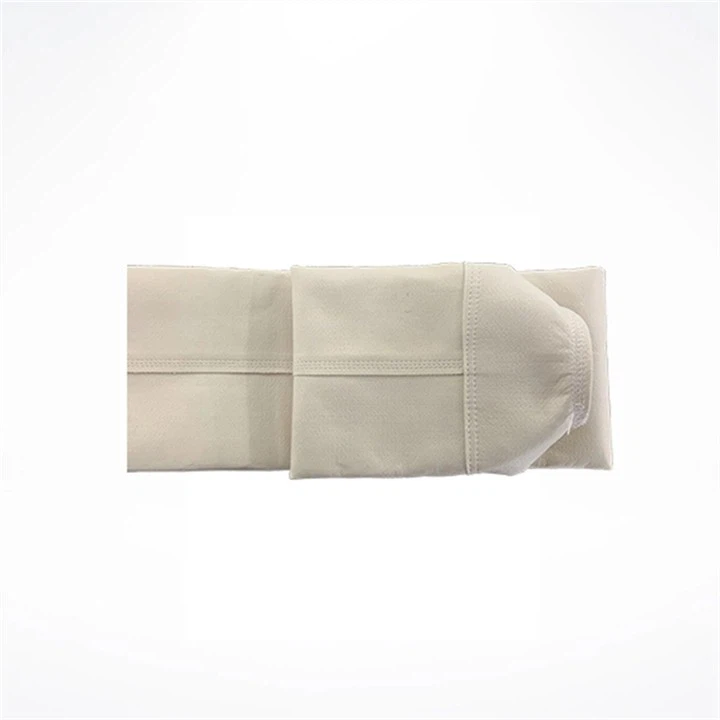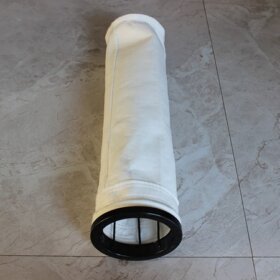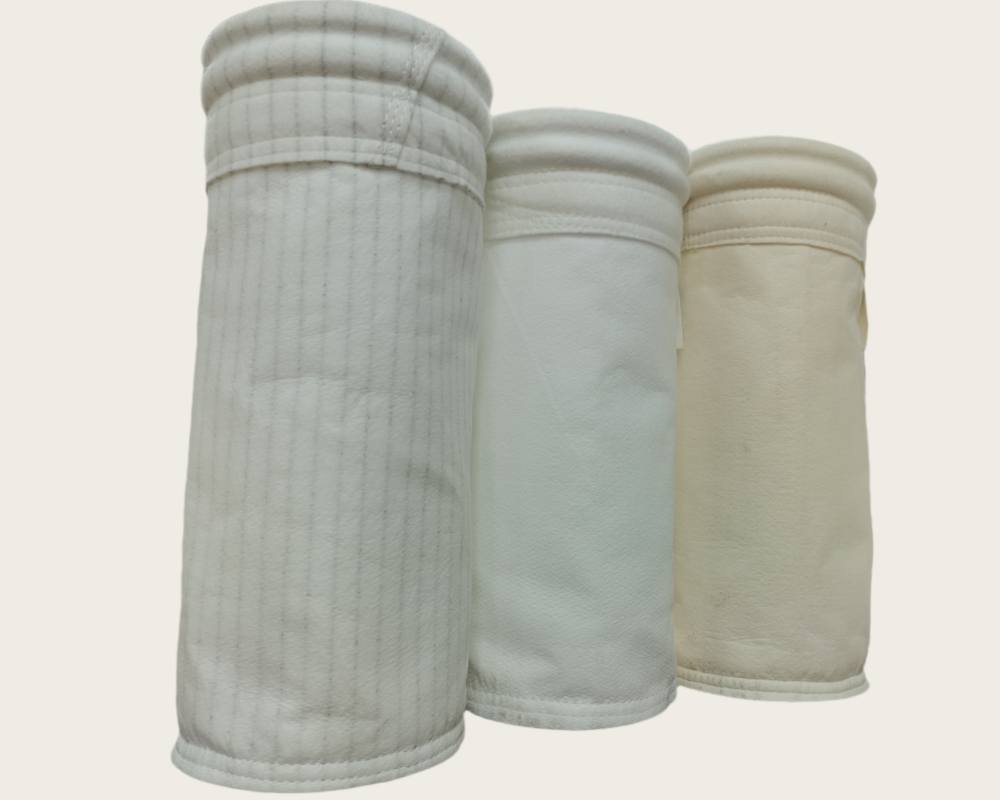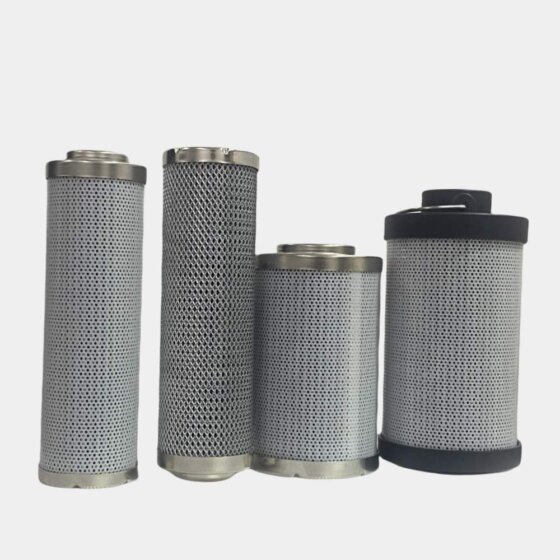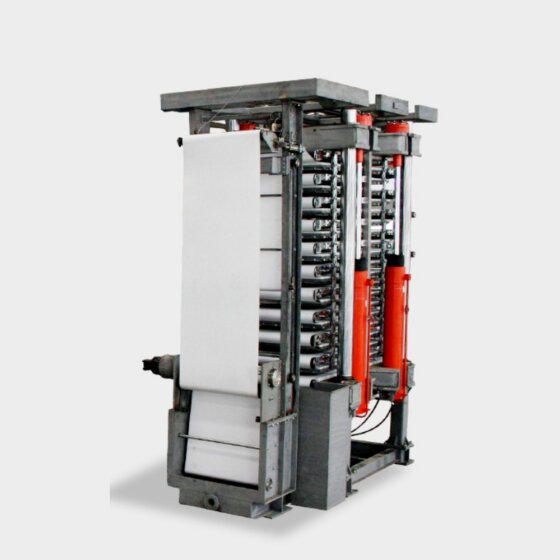PPS Fiber High-Temperature Resistance Dust Filter Bag
PPS dust filter bags are a ideal choice for exhaust gas filtration, particularly in industries where high-temperature resistance is crucial. Various industries widely use these filter bags in applications such as coal-fired boilers, waste incinerators, coke ovens, chemical drying processes, and power plants because they can withstand high temperatures up to 200°C (392°F).
The PPS (Polyphenylene Sulfide) filter bag is a key component of the bag filter system. It is tensioned and suspended inside the baghouse, creating a barrier between the dust surface and the anti-dust surface. This structure allows the filter bag to effectively trap particles and prevent contamination in the surrounding environment.

Performance and Characteristics of PPS Filter Bags
One of the primary advantages of PPS filter bags is their excellent resistance to acids and alkalis, making them suitable for harsh industrial environments. Additionally, PPS fibers do not burn and do not support combustion, which enhances their safety in high-temperature applications.
However, PPS filter bags have poor oxidation resistance.To maintain optimal performance, operators must keep the oxygen content in the working environment below 14% (Vol) and ensure the nitrogen oxide concentration remains less than 600mg/Nm³. High concentrations of oxygen can reduce the filter bag’s effective operating temperature, limiting its longevity and efficiency.
The typical lifespan of PPS filter bags is 1 An 4 years, depending on working conditions and material properties. Industries like cement, chemical, and power plants rely on PPS filter bags for high-temperature dust filtration, benefiting from their durability and performance.
In conclusion, PPS filter bags offer excellent chemical resistance, flame retardancy, and reliability in high-temperature exhaust gas filtration. However, careful monitoring of the working environment is essential to ensure their longevity and effectiveness.
 Bolianisches Filtertuch
Bolianisches Filtertuch

